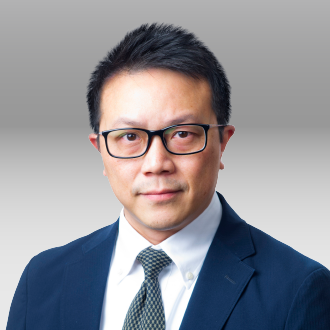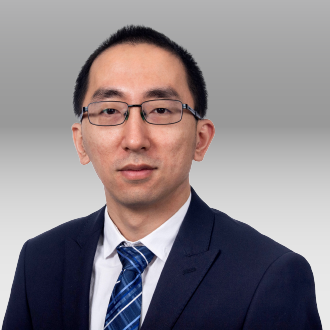Research Scopes
Based on our competitive advantage and core capability, SKLMP identifies the following three key research themes. SKLMP also endeavours to conduct translational research and deliver recommendations of environmental management strategies and policies for supporting the government with reference to our research outcomes.

Innovative Technology for Pollution Monitoring and Control
This research team primarily aims to develop a variety of novel technologies for monitoring and controlling marine pollution. These include, but not limited to, new methods and tools for monitoring of priority chemical contaminants, algal toxins, waterborne pathogens and microplastics; innovative numerical models for forecasting the fate of pollutants and pathogens and estimating their carrying capacity in water bodies; real-time monitoring of water and sediment quality with novel sensors and IoT; advanced and cost-effective treatment technologies for removal of pollutants from wastewater, and novel in situ methods for combating harmful algal blooms.
| Prof. Michael Leung (CityU) Team Leader |
 |
| Prof. Chun Kit Kwok (CityU) Deputy Team Leader |
 |

Eco-safety and Environmental Risk Assessment
This research team primarily aims to investigate the environmental fate, exposure, bioaccumulation, biological effect and environmental risk of chemical contaminants, algal toxins and waterborne pathogens in the marine environment, and their implication to seafood safety. The results will provide scientific basis for environmental risk assessment and for the derivation of environmental quality benchmarks for risk management of these stressors to ensure ecosystem safety and human health. In particular, SKLMP is keen to make contributions to the establishment of national marine water quality criteria for protecting coastal marine environments in China.
| Prof. Wenxiong Wang (CityU) Team Leader |
 |
| Prof. Henry He (CityU) Deputy Team Leader |
 |
Ecosystem Responses and Ecological Restoration
This research team primarily aims to reveal the response of the marine ecosystem to anthropogenic stressors such as water pollution, eutrophication, hypoxia, habitat destruction, overharvesting, warming, and acidification etc.; understand the process and mechanisms of ecosystem recovery after cessation of the environmental insult; explore novel technologies for monitoring marine biodiversity and ecosystem health (e.g. remote sensing, artificial intelligence, environmental DNA), and develop effective policy and novel technologies for restoration of degraded marine ecosystems (e.g. eco-engineering technologies).
| Prof. Jianwen Qiu (HKBU) Team Leader |
 |
| Dr. Leo Chan (CityU) Deputy Team Leader |
 |